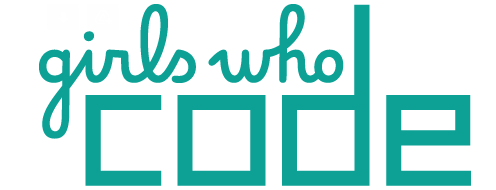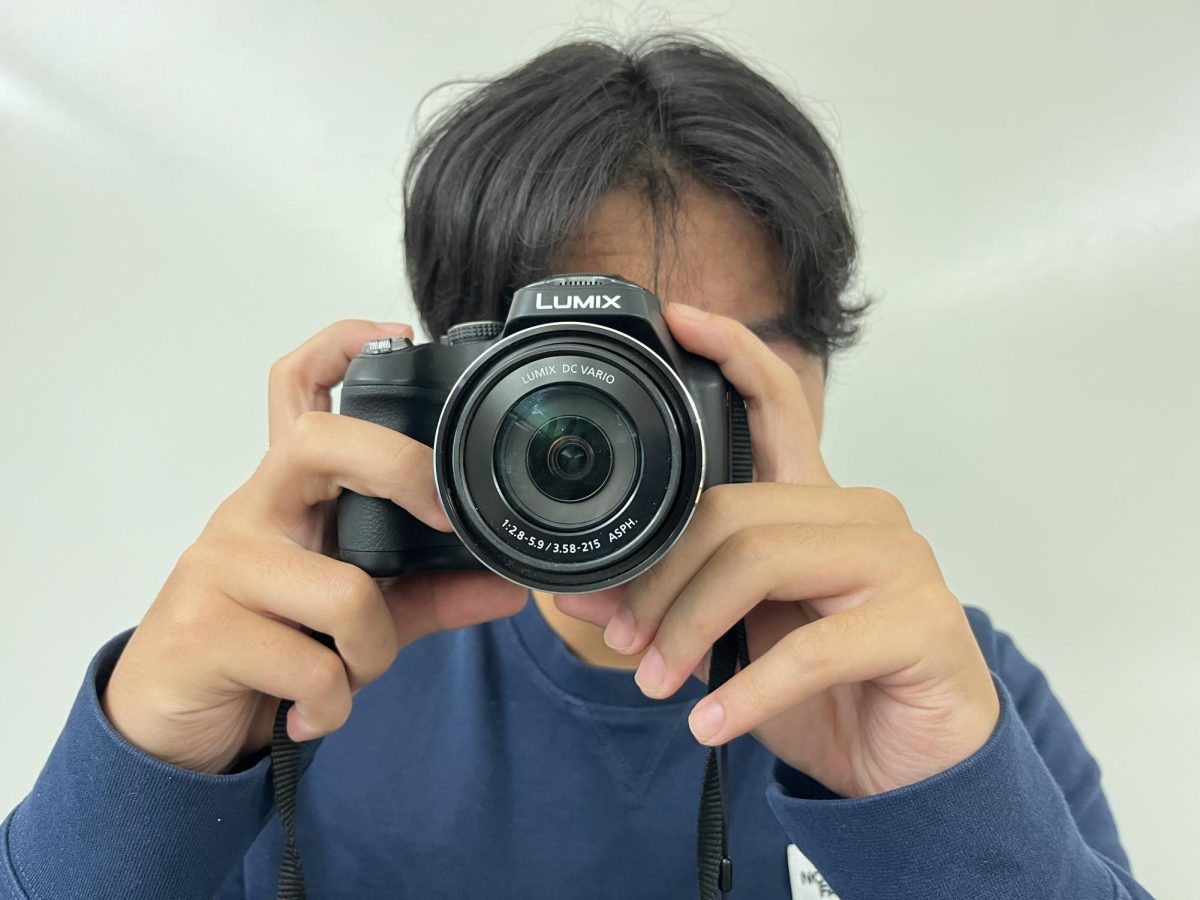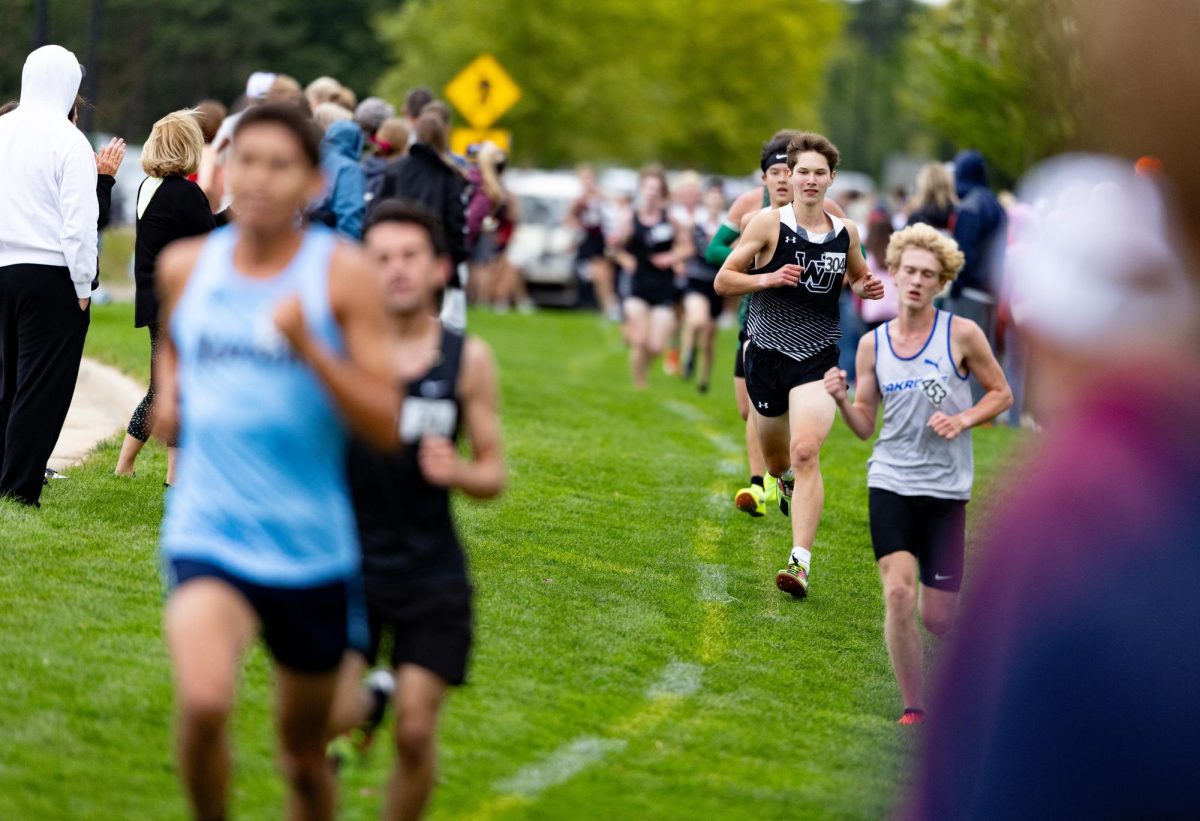Crushing Stereotypes: Girls Who Code

November 23, 2021
The soft glow of the computer screen ignites a passion in the eyes of Sr. Jessie Servis. Her fingers dance across the keyboard, inputting a language compiled of ones and zeros. She peruses the information, correcting any misplaced inputs, then adds the finishing touches as she submits her new program. For Servis, this is a normal day at the after-school club: Girls Who Code.
Servis has had a passion for coding since her middle school modular technology class. She learned how to create games using block coding, an entry level programming activity. She fell in love with the idea of creating programs that were entirely her own.
It wasn’t until high school, however, that she decided to expand her coding skills. “Mr. Schwallier talked to us about coding all the time and told us how important it was in the future, so I signed up for AP Computer Science,” Servis said.
The AP class was valuable for Servis, but she wanted more. That’s when she turned to West Ottawa’s new club.
Girls Who Code, an international program, focuses on the importance of female coders. There is an obvious gender gap between women and men in technological fields, and Servis hopes to change that reality.
“I think everyone thinks coders are nerds or just white guys. Girls aren’t really represented in the field. Everyone can code, regardless of gender or race,” Servis said.
Instructor Andy Hamilton, a computer science teacher at West Ottawa High School, recognized the stereotype that “girls can’t be coders” or “girls can’t be engineers.”
“My first computer science class was all male. I knew I needed to do something, and Girls Who Code seemed like it might help, but I didn’t really know anybody to ask to join,” Hamilton said.
The computer science program at West Ottawa has been around for 25 years. “We’ve gone from 37% of computer science jobs being held by women down to a projected 22% in 2022,” Hamilton said. The computer science department was fumbling; the percentage of women in computer science was dropping. Something needed to be done.
After reaching out to the program, Hamilton began West Ottawa’s very own chapter of Girls Who Code. At the meetings, the girls are able to sharpen their coding skills as well as study preferred areas of coding.
“Some of the girls will be learning things in Python, JavaScript, Swift, and Scratch. Some work alone and some work together. Sometimes we work on specific challenges put out each month by the parent club, but always we’re working on projects of our own design and choosing,” Hamilton said.
The support system within the group is upheld by the core values: bravery, sisterhood, and activism. Members of Girls Who Code strive to continue the legacy of the international club.
“I think the message we want to project is that computer science is central to a great many human problems we face. We need as many voices as possible contributing to those solutions,” Hamilton said.
Hamilton anticipates a positive shift in the numbers of female coders. “ I hope that it helps its members become more confident and capable programmers and leads to more girls taking computer science classes and considering computer science careers.”
Jr. Charity Ihrman has always had a passion for engineering, but became interested in the club while taking an AP Computer Science class with Hamilton.
Hamilton saw great potential in Ihrman and gave her information about the club. Craving for more opportunities to code, Ihrman was immediately interested.
“Having a knowledgeable mentor who can communicate well, especially when you’re learning about a new or complicated topic, is extremely helpful so I’m glad we have Mr. Hamilton,” Ihrman said.
Broadening her knowledge of coding, Ihrman strives to project the club’s core values by promoting its ideals. She has bravely staked her position in the organization, hoping to break the stereotypes of coding.
“Oftentimes when people hear about computer science and coding, they automatically make the assumption that it’s boring and impossibly difficult. I would say that it’s a skill that requires time and practice, just like any other activity,” Ihrman said.
Breaking the barrier that “coding is too difficult,” Ihrman is eager to see progress in her skills. “I recognize that I still have a lot to learn about coding, but I’m excited to keep challenging myself and learning,” Ihrman said.
As the club grows, the members hope to see girls continue breaking stereotypes about coding.



